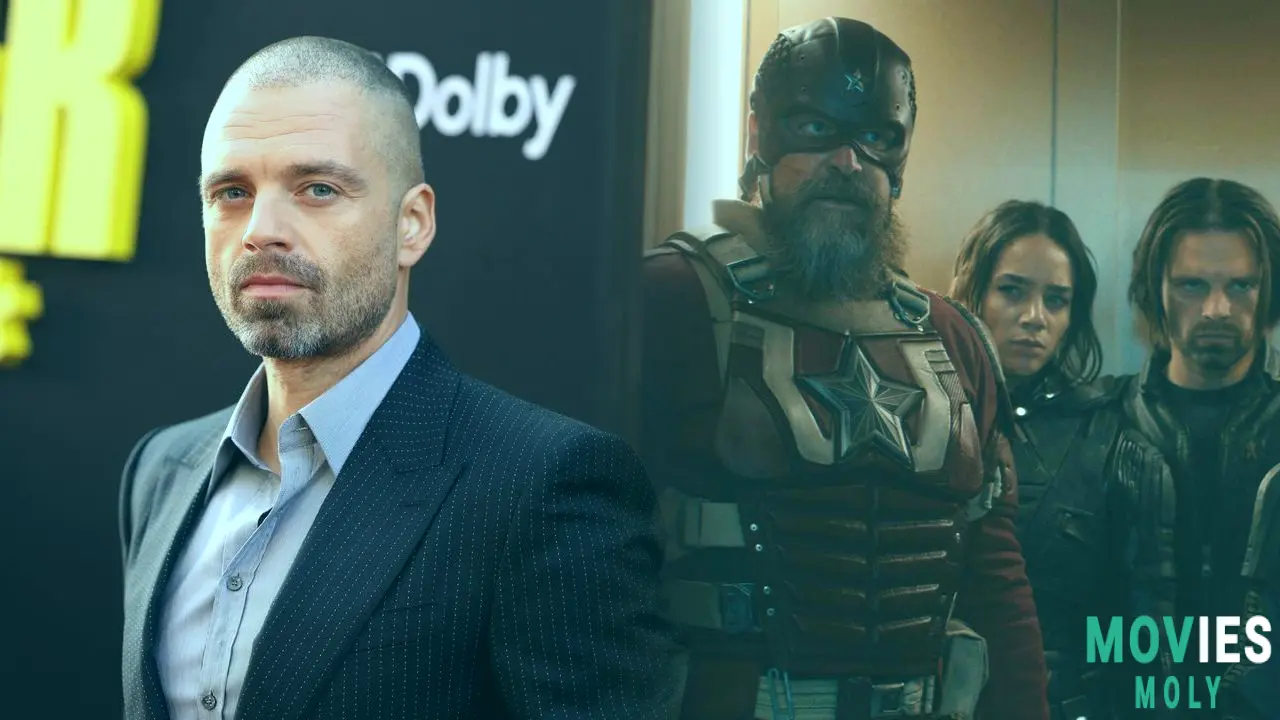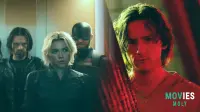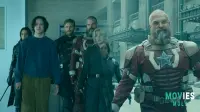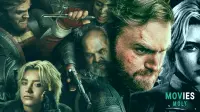By Nicolas Ayala
Marvel’s latest entry into the ever-expanding MCU ecosystem, Thunderbolts*, isn’t just another installment—it’s the misfit masterpiece that critics and fans alike didn’t know they needed. With an asterisk in the title and a big ask from audience members fatigued by sequels and spin-offs, this emotionally charged, humor-laced, anti-hero ensemble film has managed to punch above its weight. And the Rotten Tomatoes score says it all: Thunderbolts* is being hailed as one of Marvel’s most grounded and character-driven flicks in years.
Critics call Thunderbolts* the most grounded MCU film in yearsBBC’s Nicholas Barber didn’t mince words, dubbing Thunderbolts* “the greatest Marvel offering in years.” That’s high praise from a critic who’s witnessed the genre’s evolution from glossy spectacle to gritty introspection. Barber’s review captures the essence of what makes this film work: it’s not about world-ending stakes or cosmic battles. Instead, it’s a scrappy, scruffy-looking, down-to-earth tale of dysfunctional anti-heroes trying to survive not only each other, but the world that’s long since stopped believing in them.
“It isn’t the epic tale of indestructible titans saving the Universe,” Barber writes. “It’s a comedy-tinged caper about bungling secret agents who are deemed a liability by the very company that used to employ them.” And that’s the genius of Thunderbolts*. It embraces its imperfections, turning them into charm, and delivering a story that’s as emotionally resonant as it is entertaining.
Rotten Tomatoes audience score reflects the love for flawed, relatable characters
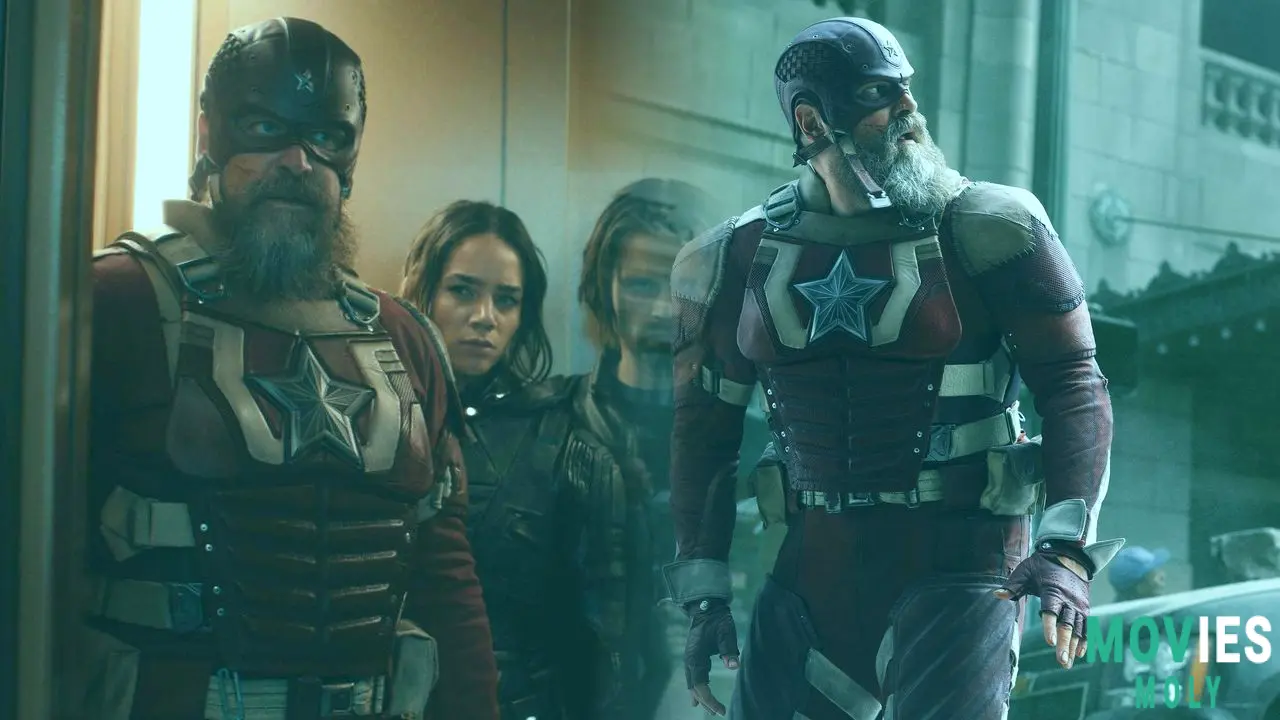
What separates Thunderbolts* from the post-Endgame MCU crowd is its cast of characters. Florence Pugh’s Yelena Belova leads a motley crew that includes Sebastian Stan’s bionic-armed Bucky Barnes, David Harbour’s down-and-out Red Guardian, and Wyatt Russell’s embittered U.S. Agent. These aren’t gods or legends—they’re killable, breakable, and deeply human. And audiences are responding to that humanity in a big way.
IGN’s interview with Russell reveals how much the cast believed in this project. Without the safety net of origin stories or established fan-favorite status, these actors stepped up. Russell, who draws from his own athletic background to fuel his performance, said the team wanted to “make people put their foot in their mouths.” And with Rotten Tomatoes fans echoing that sentiment, it’s clear they succeeded.
“There are no characters in this film, really, that have their own stuff in the Marvel universe that much,” Russell noted. “It’s not Captain America, it’s not Thor, it’s not Iron Man... This is more of these misfit types.”
Variety calls it a ‘reluctant-allies comedy’ with a sharp emotional core
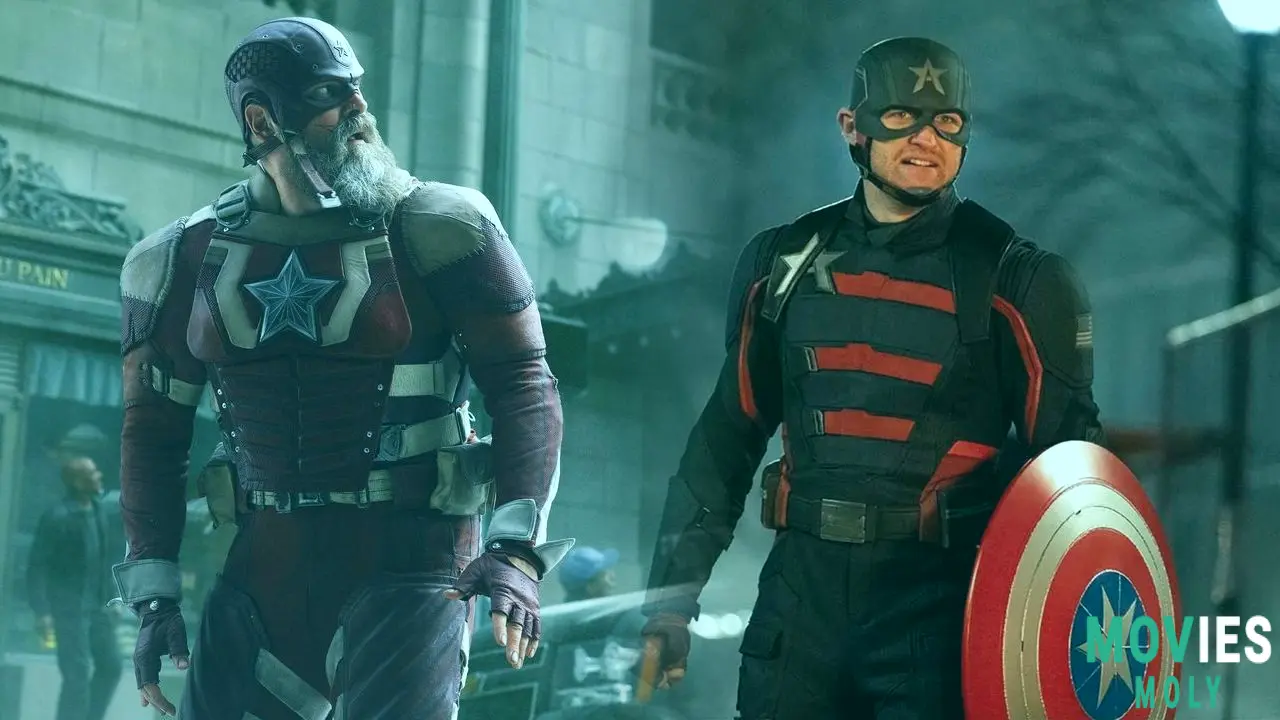
Variety’s take on Thunderbolts* frames it as a “reluctant-allies comedy, grafted onto an earnest allegory about facing personal trauma and working through mental illness as a team.” That may sound like a stretch for a film packed with MCU jargon and black-ops chaos, but director Jake Schreier pulls it off with impressive finesse. The result is a movie that doesn’t just ask viewers to care about these characters—it makes them care.
Even the film’s villainous mastermind, Valentina Allegra de Fontaine (Julia Louis-Dreyfus), is given a layer of comic-bureaucratic flair that keeps the tone balanced. As she manipulates the team into a mission meant to eliminate them one by one, the Thunderbolts instead fuse into something unbreakable. Or at least, something that tries really hard not to blow up on each other.
Why the asterisk in Thunderbolts* is the most clever MCU twist yet
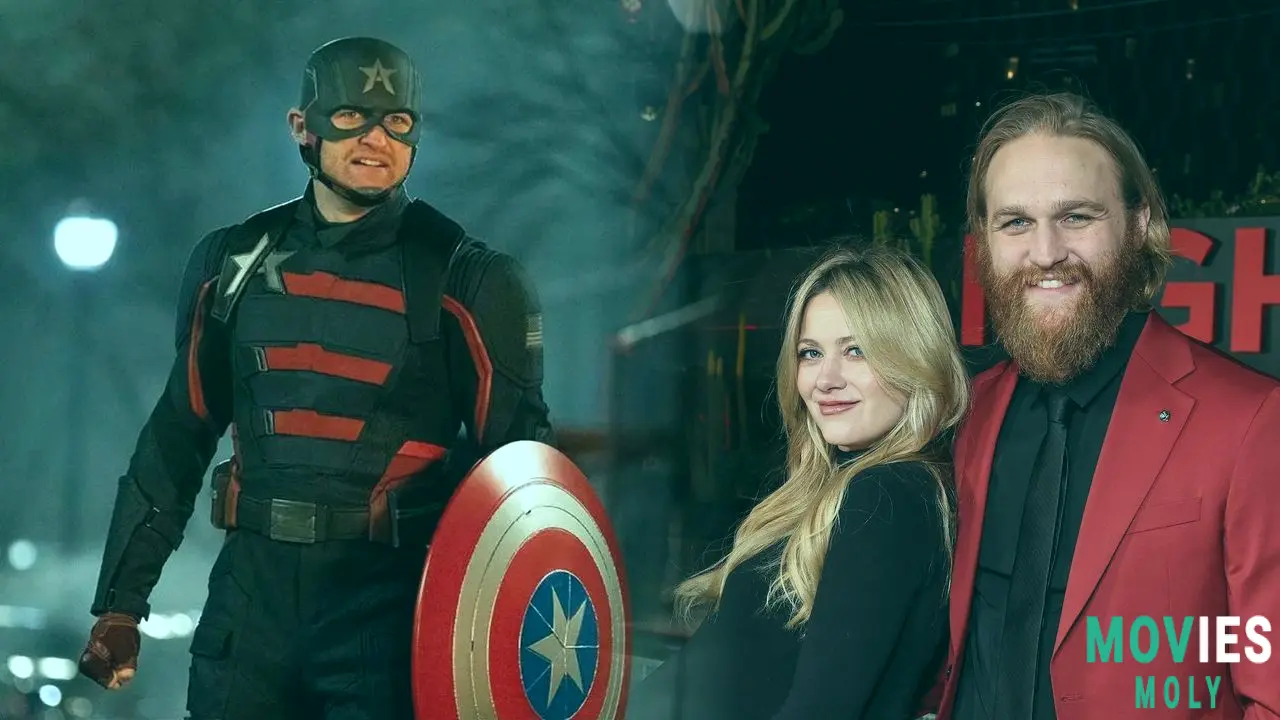
Marvel’s marketing may be slyly underplaying the significance of the asterisk in the title, but it’s one of the smartest moves in the film. That little punctuation mark isn’t just a gimmick—it’s a symbol of identity, uncertainty, and the messy process of becoming something new. The team doesn’t even know what to call themselves, and “Thunderbolts” is just a placeholder. It’s a meta-commentary on the film’s place in the MCU itself: not yet fully defined, but undeniably important.
For fans of the comics, this is pure gold. The Thunderbolts have always been about redeemed villains, morally grey operatives, and the uneasy balance between heroism and survival. This film captures that spirit perfectly, without needing to lean on comic book clichés or over-the-top effects.
Thunderbolts* proves personality trumps powers in the MCU
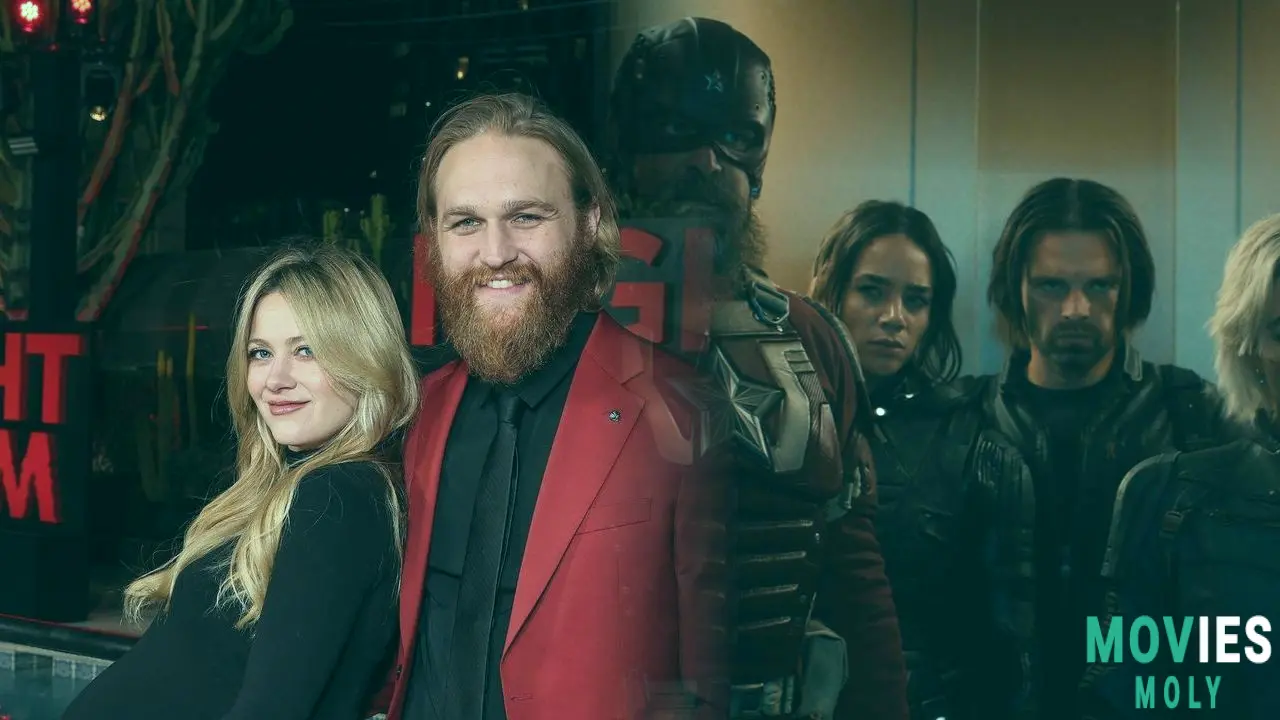
One of the biggest takeaways from Thunderbolts* is that it’s not about the powers—it’s about the people. These characters may not be as flashy as Thor or as iconic as Captain America, but they have something those heroes rarely showed post-Endgame: personality, vulnerability, and growth. Florence Pugh’s performance is especially noteworthy, blending emotional depth with sharp humor and physical agility. She carries the film in the same way Chris Pratt carried the Guardians of the Galaxy—with charm and authenticity.
In a genre often defined by who can punch the hardest or fly the fastest, Thunderbolts* dares to be different. It’s about a team that wouldn’t even make the peewee league, stepping up because no one else will. And in that void left by the Avengers, they might just become the next best thing.

